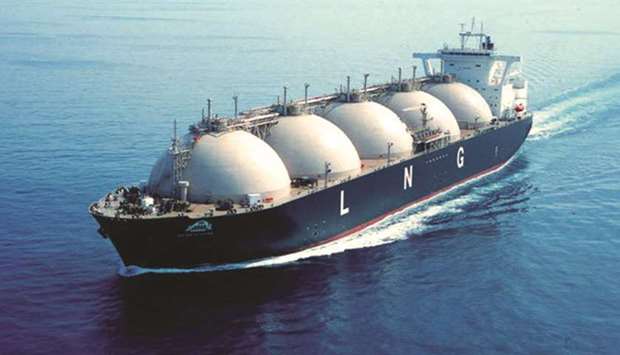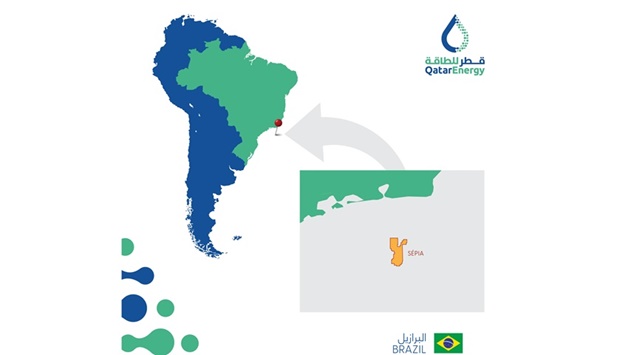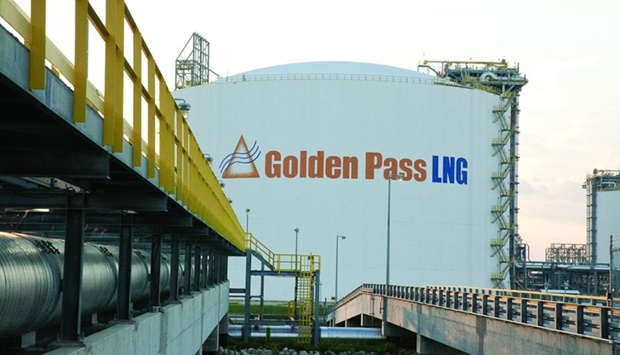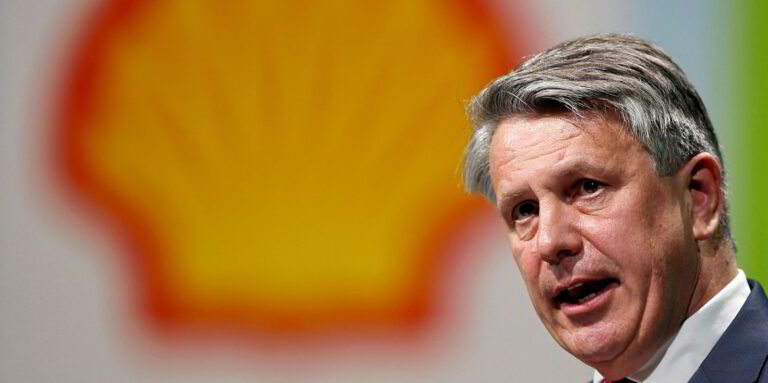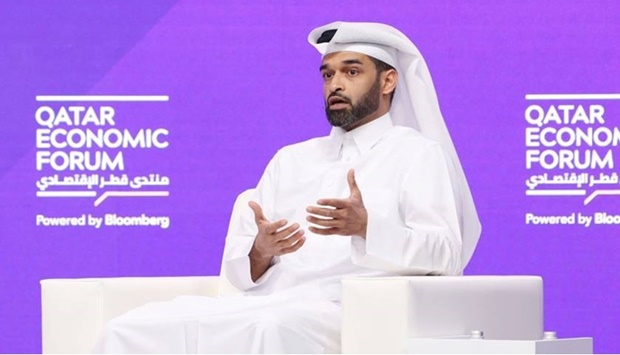Mara Siana Conservancy, /Kenya/Kuala Lumpur
A cross the endless savannah dotted with flat-topped acacia trees, Mara Siana Conservancy in western Kenya teems with elephants, giraffes, zebra and impala, alongside the Maasai people who inhabit the area with their vast herds of livestock.
But this wasn’t always the case.
The 25,000-acre (100sq km) landscape adjoining the famed Maasai Mara National Reserve had become devoid of wildlife until the Maasai got together in 2016 to create a community-run wildlife area to protect local biodiversity and generate tourism income.
“When the conservancy started, there was only one zebra and one topi (antelope) in this valley,” said Evans Sitati, manager of the Mara Siana Conservancy, standing by his open-topped jeep as a herd of buffalo lazily munched on lush grassland nearby.
“The Maasai’s livestock had taken over the land and there was over-grazing and … no space for the wildlife. But within a month of creating the conservancy, the wildlife started coming back.”
On Tuesday, crunch UN talks began a few hours’ drive away from Mara Siana conservancy, in the Kenyan capital Nairobi, aimed at tackling this same problem: halting and reversing the devastating loss of biodiversity across the planet.
Improving conservation and management of natural areas, such as parks, oceans, forests and wetlands, is seen as vital to safeguarding the ecosystems and wildlife on which people depend and limiting global warming to internationally agreed goals.
But forests are still being cut down worldwide — often to produce commodities like palm oil, soybean and beef — destroying biodiversity and undermining climate action, as trees absorb about a third of planet-warming emissions produced worldwide.
To tackle such losses, about 195 countries are set to finalise an accord to stem human damage to plants, animals and ecosystems — similar to the Paris climate agreement — at a UN summit, known as COP15.
The UN Convention on Biological Diversity announced on Tuesday that the final part of the summit, led by host nation China, is now scheduled to take place in Canada from December 5-17.
The talks have been postponed several times due to Covid-19, with China finally agreeing that the second part of the summit should be held in Montreal, as it grapples with the pandemic.
The first in-person negotiations in two years held in Geneva in March left many environmentalists frustrated by slow progress, with governments realising an extra session in Kenya was needed this week to land a deal by the end of the year.
“The science is very clear. Biodiversity is in crisis. One million species are at risk of extinction in the next few decades,” said Guido Broekhoven, head of policy at WWF International, which is supporting the Mara Siana conservancy.
“But it’s not just about the biodiversity. The aim is to find ways such as the conservancy project that combines conservation with development objectives to benefit both people and nature.”
Finance provided by rich countries to help developing nations do their part under the expected new nature deal is a thorny issue, observers said ahead of the Nairobi talks which run from June 21-26.
How to involve and protect the rights of indigenous groups and communities living in and around natural areas — who play a vital role in conservation — is also a live topic, they said.
“Finance remains the largest challenge in the negotiations,” said Brian O’Donnell, director of the US-based Campaign for Nature. “Without adequate finance, policies and programs aimed at conserving nature will not be successful.”
Susan Lieberman, vice president of international policy at the Wildlife Conservation Society, said Nairobi could reach agreement on a widely supported pledge seen as central to the new global deal — to protect at least 30% of the planet’s land and oceans by 2030.
A coalition of more than 80 countries has already backed the 30×30 goal, which is part of the draft treaty, although many biodiversity-rich nations in Southeast Asia are yet to sign up.
“We are in the midst of a global conservation crisis, with increasing species extinctions and increasing risk of ecosystem collapse,” said Lieberman.
“The adoption of a strong framework of government commitments on biodiversity is critical — it cannot wait.”
Rights groups say a global pact will only succeed on the ground if it brings onboard indigenous peoples like the Maasai.
They comprise less than 5% of the world’s population but protect 80% of the Earth’s biodiversity in forests, deserts, grasslands and marine environments, where they have lived for centuries, according to WWF.
Yet there is very little recognition of, or support for, their efforts in ensuring a resilient and healthy planet, especially in Africa.
Kenya’s community-run protected wildlife areas, known as conservancies, have often been lauded as a gold standard in benefiting both people and nature.
Maasai landowners lease part of their land for safari camps and lodges, and as shareholders, local communities earn tourist dollars from camp stays, game drives, village tours and handicrafts.
The funds generated are also used to improve access to water, healthcare and education for communities, and to help them set up small businesses, while maintaining their traditional herding way of life.
There are 15 conservancies around the Mara, collectively benefiting more than 100,000 people through land lease payments and salaried jobs including rangers, tour guides, housekeepers and drivers.
But even this model faces challenges.
Fidelis Mpoe, a Maasai ranger at Mara Siana Conservancy whose father is one of its 1,500 shareholders, said climate change was taking a toll, with increasing dry spells forcing locals to bring their cattle into the conservancy to graze.
“This leads to more human-animal conflict, especially with the elephants trampling over children who are herding. Then the community wants to take revenge on the animal and we have to try and make them understand,” he added.
In neighbouring Tanzania, violence has erupted between Maasai pastoralists and security forces over government plans to cordon off their land for wildlife protection.
Earlier this month, one officer was killed and several protesters were injured during demonstrations by the Maasai, who accuse the authorities of trying to force them off their land to make way for safaris and hunting expeditions.
The government has rejected these accusations, saying it wants to protect the area from human activity.
“Fortress conservation efforts that result in the forcible dispossession of people are no solution to the biodiversity crisis,” said Basma Eid, campaign co-ordinator at the International Network for Economic, Social and Cultural Rights, an alliance of over 280 organisations representing indigenous groups.
“In Nairobi, states must commit to adopting a human rights approach overall, in cross-cutting ways across key targets,” she said in a statement. — Thomson Reuters Foundation
